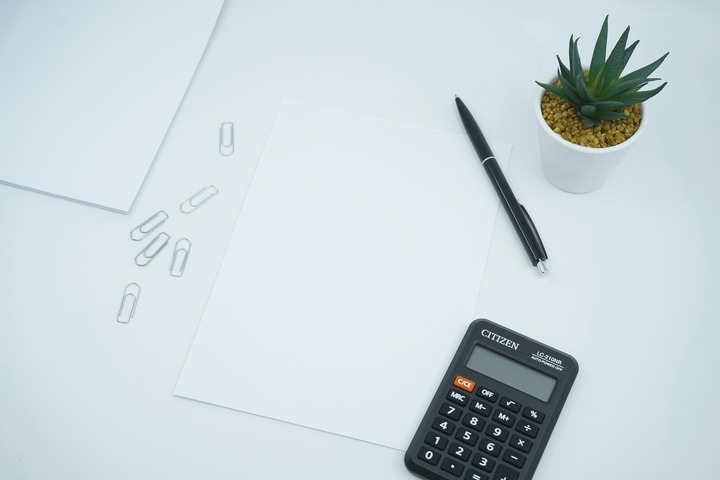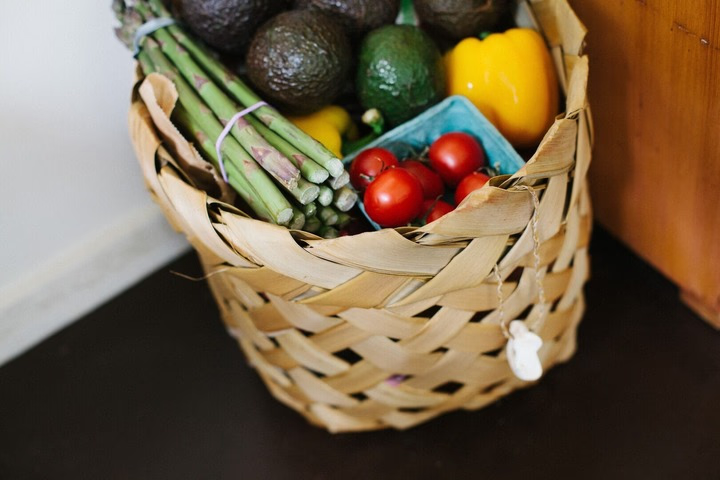Costs of Buying a Shared Ownership Home: Planning for Expenses
Step 2. Understand the buying cost

When considering buying a Shared Ownership home, you need to plan for all costs involved in purchasing the property, as well as future expenses. After finding a home you want to buy, a mortgage adviser will assess whether you can afford the payments for your home.
Costs of Buying a Shared Ownership Home
Reservation Fee for a Shared Ownership Home
When you find a home you want to buy, you’ll typically need to pay a reservation fee of up to £500 to the landlord. This fee secures the property while the legal and mortgage processes are completed. The reservation period is usually between four and six weeks, depending on the housing association.
✅Reserve the home for a fixed period, as decided by the landlord.✅The fee will be deducted from the final amount you pay.❌However, you will usually not get the fee back if you decide not to buy the home.
It is worth asking the housing association upfront about their reservation terms, including what happens if delays occur through no fault of your own, such as slow mortgage processing.
Deposit Requirements for Exchanging Contracts
When exchanging contracts, you will need to pay a deposit. The amount required will vary depending on the property and the application, but it is typically between 5% and 10% of the share you are purchasing. Non-UK citizens may be required to pay up to 25% of the share price as a deposit.
Worked Example
For a property worth £250,000 where you are buying a 40% share (£100,000):
- A 5% deposit would be £5,000
- A 10% deposit would be £10,000
Compare this to full ownership, where a 10% deposit on the same property would be £25,000 — shared ownership significantly reduces the upfront cash you need.
✅The larger the deposit you make, the better the interest rate you will receive.⚠️Some lenders may require a minimum deposit amount regardless of percentage, so check with your mortgage adviser.
Solicitor and Conveyancer Fees for Shared Ownership Homes
You will need a solicitor or licensed conveyancer to perform the necessary legal work. It is essential to have instructed a solicitor before submitting your mortgage application. Typically, the solicitor’s fees will be based on a fixed cost basis.
Shared ownership conveyancing can be more complex than standard property purchases because it involves reviewing the lease terms with the housing association, checking the terms of your rent and service charges, and ensuring the property is properly registered. Expect fees to range from £1,000 to £2,000 including disbursements (searches, Land Registry fees, etc.).
⚠️Verify your solicitor is approved to work for your mortgage lender.⚠️Choose a solicitor with specific experience in shared ownership transactions — they will be familiar with the additional lease requirements and can flag any unusual terms.
Considerations for Mortgage Broker Fees
You may want to consider hiring a broker or adviser to guide you through the mortgage process. Most brokers charge a fee for their services, which can vary from a fixed amount to a percentage of the purchase price.
Broker fees typically range from £300 to £500 as a fixed fee, though some charge up to 1% of the mortgage value. A good broker can help you find shared ownership mortgage deals that you might not find on your own, as not all high-street lenders offer shared ownership products.
⚠️Understand what and when the fees are charged before they undertake any work on your behalf.✅Some brokers offer a free initial consultation, which can help you understand your options before committing to a fee.
Understanding Stamp Duty Options for Shared Ownership
For first-time buyers, the first £300,000 of the property value is exempt from stamp duty (as of April 2025). When purchasing a shared ownership property, there are two options for paying Stamp Duty:
- Pay on the full value of the property
✅You never have to pay again, even if you later buy the property outright at a higher price.❌There is a higher initial cost if the property does not qualify for the zero stamp duty allowance.
- Pay only on the share that you are purchasing
✅It reduces the initial buying cost.✅You do not have to pay more stamp duty until you purchase 80% share.❌The overall cost may be higher when you purchase 80% share or more.❌There may be extra charges based on the rent payable over the term of the lease.
Which Option Is Better?
If the full property value is within the first-time buyer stamp duty allowance, paying on the full value may be the simpler choice as you will owe nothing either way. For higher-value properties, paying on just your share can reduce your upfront costs — but you should factor in the potential stamp duty bill when you staircase to 80% or beyond.
Summary of Typical Costs
| Cost | Typical Range |
|---|---|
| Reservation fee | Up to £500 |
| Deposit | 5%–10% of your share |
| Solicitor fees | £1,000–£2,000 |
| Mortgage broker | £300–£500 (or percentage) |
| Mortgage arrangement fee | £0–£2,000 (varies by lender) |
| Valuation/survey | £250–£600 |
| Stamp duty | Depends on property value and payment option |
Planning for all these costs in advance will help you avoid any surprises and ensure a smoother buying process.
You’ll also want to make sure you choose the right solicitor for your shared ownership purchase, and understand what insurance you’ll need once you complete.
